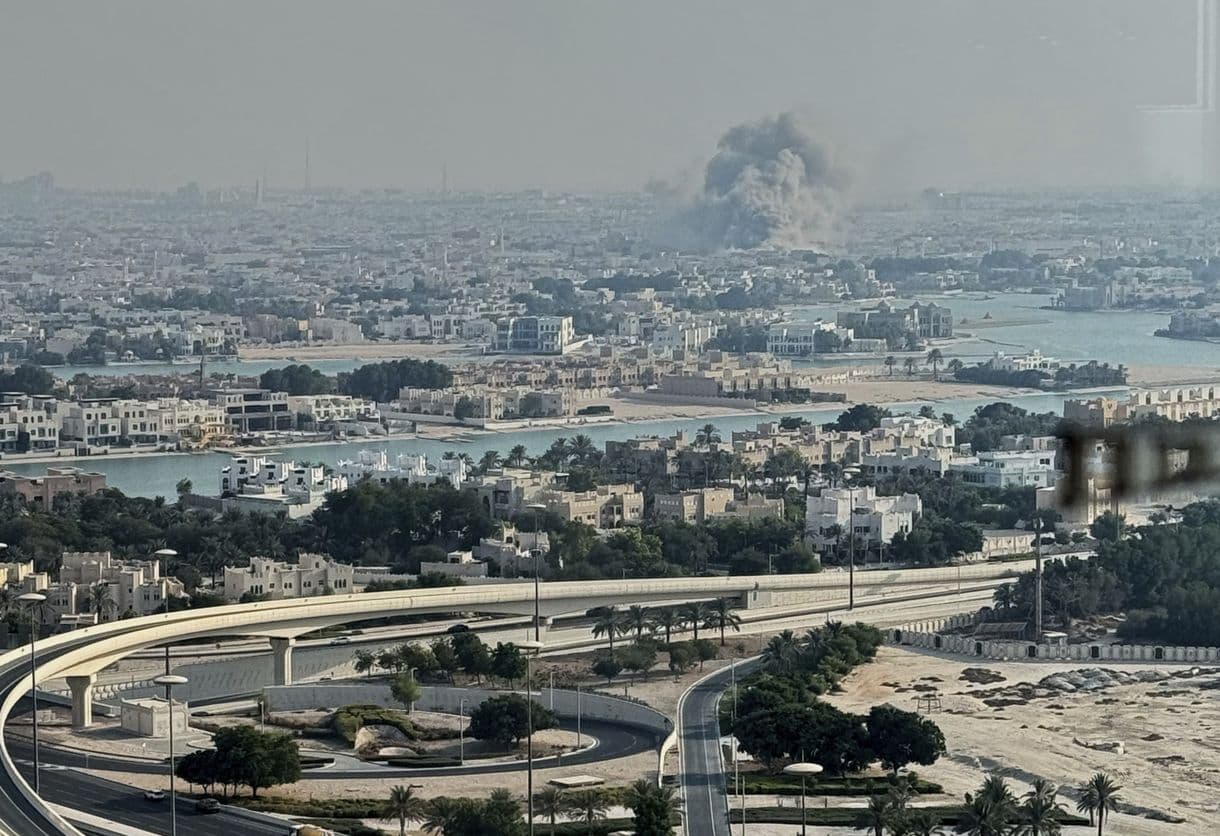Targeted attacks on Hamas leaders have always been part of Israel's fight against the extremist Palestinian organization. Revenge has overtaken almost every Hamas leader since its founding, Sheikh Ahmed Yassin, but the practice of assassinations has become almost universal since the October 7, 2023, terrorist attack on Israel, which effectively beheaded the Islamist movement.
The Israeli army almost didn't care where it struck: in the Gaza Strip, the West Bank, Lebanon, Syria, Jordan, and even Iran.
But so far it has refrained from targeting its enemies in the territories of the Gulf Arab monarchies.
But on Tuesday, Israel launched a large-scale attack in Doha, Qatar, on a residential area where exiled members of Hamas' political bureau - its collective leadership - were living and preparing for a meeting to discuss the latest US proposal for a ceasefire in Gaza.
Nine lower-ranking Hamas officials and bodyguards were killed in the attack, but Hamas said none of its leaders were among the casualties. Israeli officials, speaking on condition of anonymity, said on Wednesday that it was highly doubtful that any of the five-member politburo had been killed. Khalil al-Hajja, Hamas's chief negotiator and de facto leader, may have survived the attack, but he lost another son in the attack. Al-Hajja has survived previous targeted attacks in which several members of his family, including two other sons, were killed.
In many ways, Israel has crossed boundaries that were previously considered taboo.

